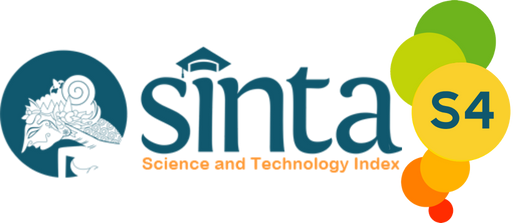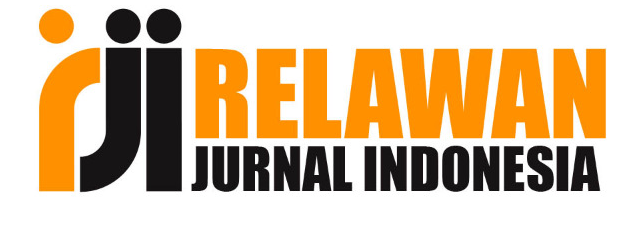Development of Syariah Fintech: Challenges and Opportunities in the Digital Economy
Pengembangan Fintech Syariah: Tantangan dan Peluang dalam Ekonomi Digital
DOI:
https://doi.org/10.32939/dhb.v6i1.4938Keywords:
Digital Economy, Fintech, Opportunities, ChallengesAbstract
Purpose: This study aims to analyze the challenges and opportunities in the development of Sharia Fintech in the digital economy era.
Design/methodology/approach: This study employs a library research approach. The researchers identify, evaluate, and analyze literature that discusses Islamic economics, digital technology, and the integration between the two.
Findings: The development of Islamic economics in the digital era faces various complex challenges. One of the main challenges is the low level of digital literacy among the target market of Islamic economics. Many individuals and small and medium enterprises (SMEs) have not fully understood or adopted digital technology, which hinders the integration of Islamic economic services with digital platforms.
Research implications: The Sharia Fintech industry needs to enhance education and services to make them more accessible to the public. The government also needs to strengthen regulations and infrastructure to support the growth of this sector. Additionally, society must improve digital literacy to fully utilize Sharia Fintech services. Therefore, collaboration between industry, government, and society is crucial in building an inclusive and sustainable Islamic financial ecosystem in the digital era.
Downloads
References
Alvin Edgar Permana, D. (2021). Analisis Transaksi Belanja Online pada Masa Pandemi Covid-19. Jurnal At-Tamwil: Kajian Ekonomi Syariah, 03(02).
Ayu Sukreni Hakim. (2024). Pengembangan Ekonomi Syariah : Tantangan dan Peluang di Era Digital. Jurnal Rumpun Manajemen Dan Ekonomi, 01(03).
Dhani Gunawan Idat. (2019). Memanfaatkan Era Ekonomi Digital untuk Memperkuat Ketahanan Nasional. Jurnal Kajian Lemhannas RI, 38.
Fuadi, E. S. (2021). Ekonomi Syariah. Yayasan Kita Menulis.
Hasan, Z. (2020). Distribution Of Zakat Funds To Achieve SDGs Through Poverty Alleviation In Baznas Republic Of Indonesia. AZKA International Journal of Zakat & Social Finance, 1(1), 25–43. https://doi.org/10.51377/azjaf.vol1no01.7
Imma Rokhmatul Aysa. (2021). Tantangan Transformasi Digital Bagi Kemajuan Perekonomian Indonesia Challenges of Digital Transformation for Indonesia’s Economic Progress. Jurnal At-Tamwil: Kajian Ekonomi Syariah, 03(02).
Kasidi. (2020). Tantangan Kewirausahaan di Era Ekonomi Digital. Journal of Economic Education and Entrepreneurship, 01(1).
Kominfo. (2019). Perkembangan Ekonomi Digital di Indonesia Strategi dan Sektor Potensial. Pusat Penelitian dan Pengembangan Aplikasi dan Informasi dan Komunikasi Publik Badan Penelitian dan Pengembangan SDM Kominfo.
Nidya Waras S. (2018). Tantangan Perkembangan Ekonomi Digital di Indonesia. Info Singkat, X(05).
Shinta Maharani. (n.d.). Ekonomi Digital: Peluang Dan Tantangan Masa Depan Terhadap Ekonomi Syariah Di Indonesia. Conference on Islamic Studies.
Soemarwoto, S. (2020). Pemantapan Ekonomi Digital Guna Meningkatkan Ketahanan Nasional. Jurnal Kajian Lemhannas RI, 41.
Yuliyani. (2015). Konsep dan Peran Strategis Ekonomi Syariah Terhadap Isu Kemiskinan. Iqtishadia, 08(1).
Downloads
Published
How to Cite
Issue
Section
License
Copyright (c) 2025 Riska Ardila Hasanah, Zulfikar Hasan, Sona Muhardi

This work is licensed under a Creative Commons Attribution 4.0 International License.













